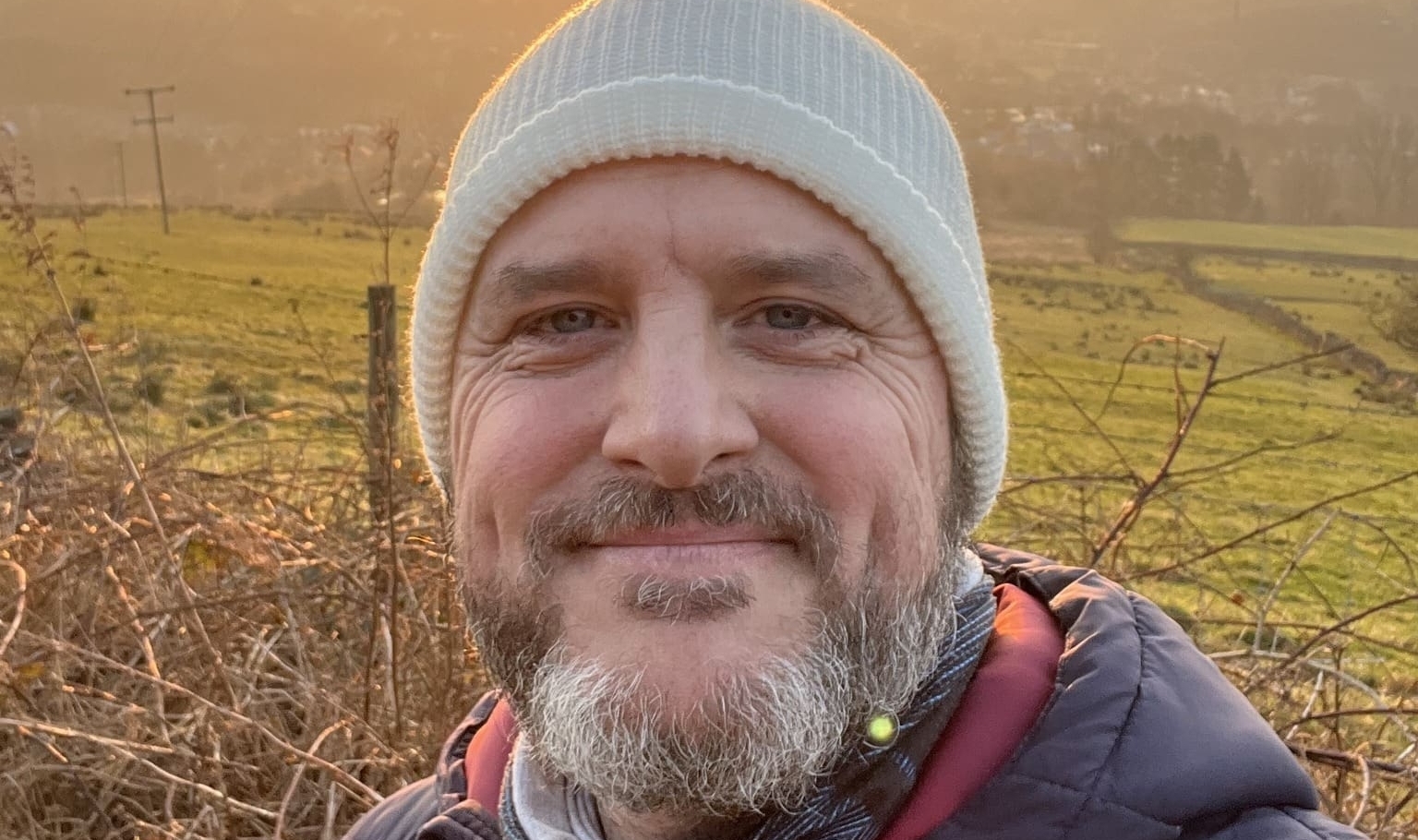Andy joined the Army in 2006, serving with The King’s Royal Hussars, an armoured regiment. He was trained as a driver and weapons operator on the Challenger 2 battle tank and Scimitar reconnaissance vehicles. He is also an Arabic and Pashto interpreter; and attained the rank of Corporal.
In 2012, Andy undertook an operational tour in Afghanistan: “It was a very kinetic tour, with firefights every day. We were always on the move.”
On 8th July 2012, Andy was on patrol in a reconnaissance vehicle when a 40-kilo IED blast tore the vehicle to pieces. The bomb blast sent debris flying. Something hit Andy’s spine and the back of his head, forcing his head into his shoulder so hard that he dislocated his jaw. He was heavily concussed.
Doctors thought Andy had only damaged his neck and expected his concussion to clear, so was sent back to base. Andy says, “I felt fine but I was slurring my words, not that I knew I was. I had problems with my coordination and had to be escorted around the place. People were wondering what was wrong with me.”
Andy returned to UK and was admitted to the military hospital at Headley Court, where he was diagnosed with a traumatic brain injury. Medically discharged in 2014, he has been treated for extensive nerve damage, chronic pain, migraines and complex PTSD. Andy has received therapy support from Combat Stress for many years and, in 2024, he undertook a Pain Management course at the King Edward VII’s Hospital. The ABF is a major funder of both organisations, which have played a crucial role in Andy’s recovery and given him a renewed sense of purpose to enjoy life and be a family man.
Andy started the Pain Management Programme in February 2024. It is a 10-day, group-based programme delivered by expert clinicians including a psychologist, nurse and physiotherapist who share up to date information about pain science and offer practical strategies to help with pain management. The aim is to introduce a range of pain management strategies that are designed to help with the day-to-day management of pain and also, to provide an environment for veterans to share their experiences and gain support from other group members.
Previously, Andy struggled with daily life, avoided physical activity and travel and felt he could never be the dad he wanted to be. He says, “From day one, it had a massive impact. It helped me understand the link between my brain, body and nervous system. Suddenly, everything made sense – I wasn’t the problem. The therapist was saying ‘Andy, just be kind to yourself; just stop and do things within your limits; you don’t need to push yourself to the limits anymore.’ I needed to hear that, I didn’t need to push myself until I broke.”
Despite his injuries, with new strategies, perseverance and his own determination, Andy has built a new routine that helps him manage his pain and be the father he wants to be. Mornings start with exercise and getting the family ready for school. Then he rests before picking up his son and making dinner. He’s even reduced his pain medication. Andy is overcoming his enemy: pain.
Andy says, “The Pain Management Programme is not a golden ticket, a quick fix or magic pill. It’s about helping you to make small, informed lifestyle, physical and mental changes to enable you to live a better quality of life….and it has certainly changed mine for the better. My thanks to the ABF for its funding support – it means a lot to me.”
The PMP costs around £6,500 per veteran. More than 80 veterans have been funded to go on this programme, thanks to fundraising achieved by the Lord Mayors Big Curry Lunch, an annual event that raises funds for the ABF, RAF Benevolent Fund and the Royal Navy and Royal Marines Charity.

